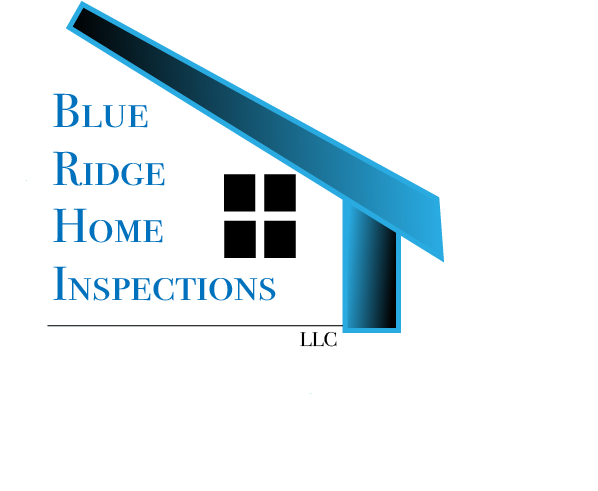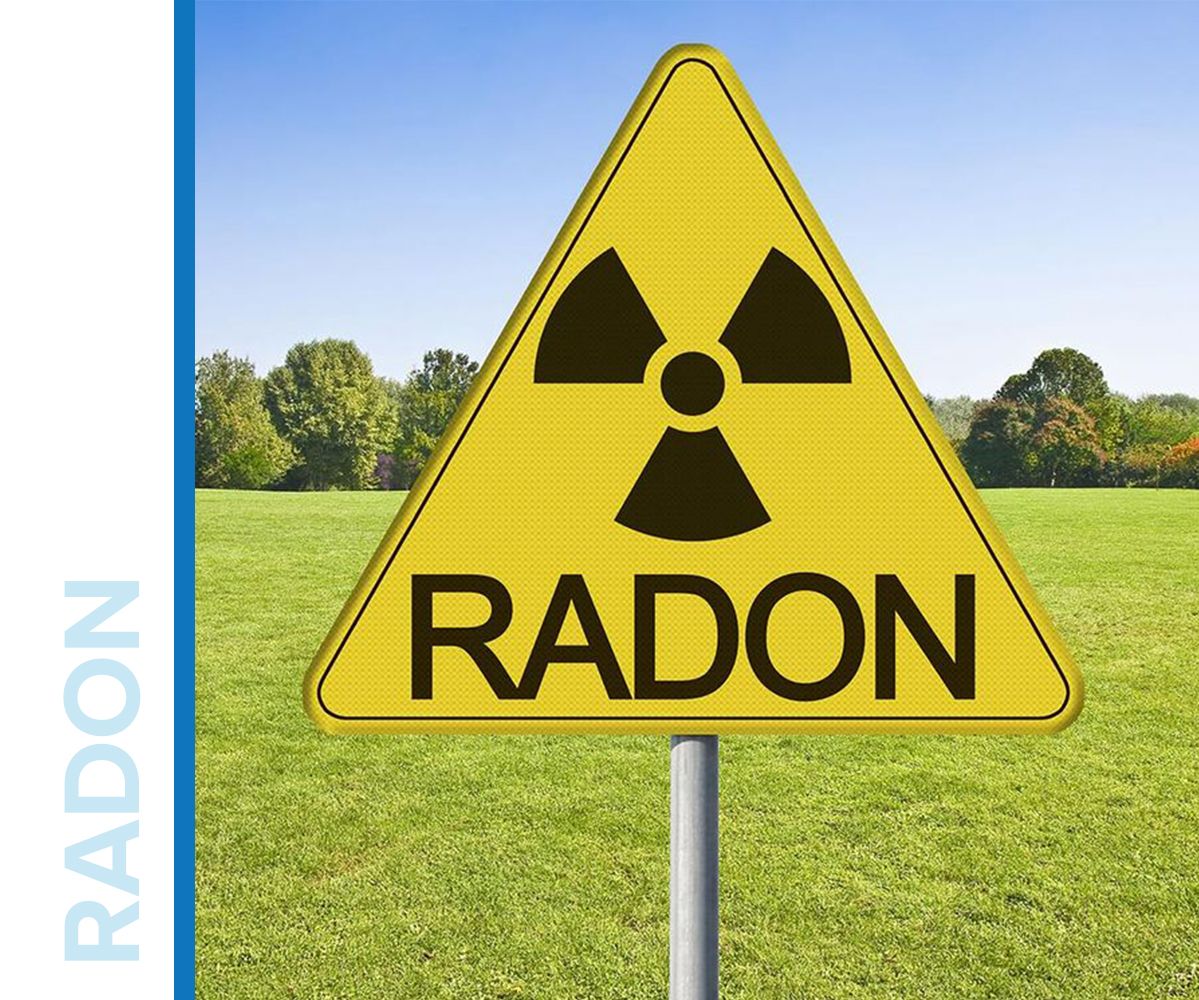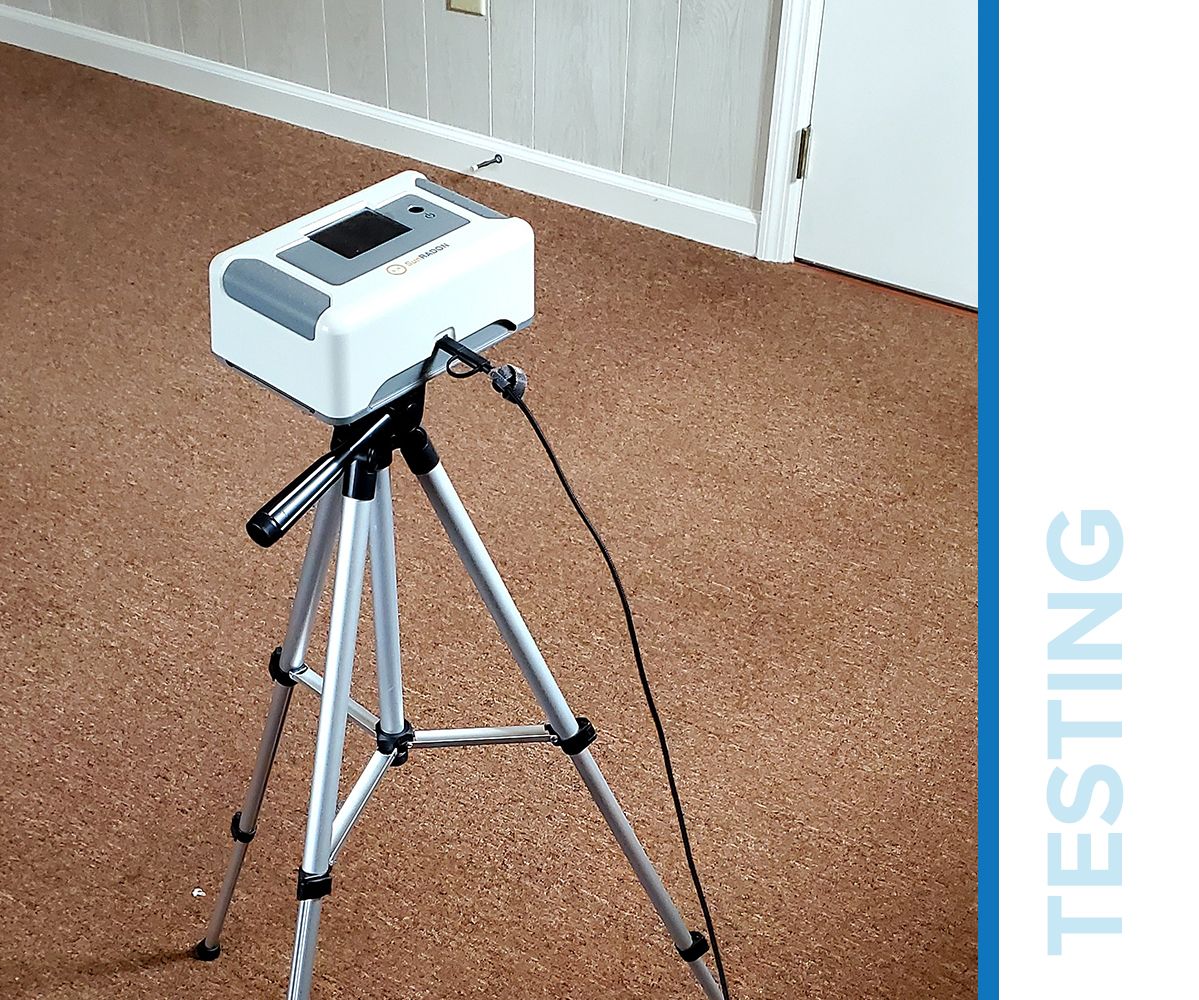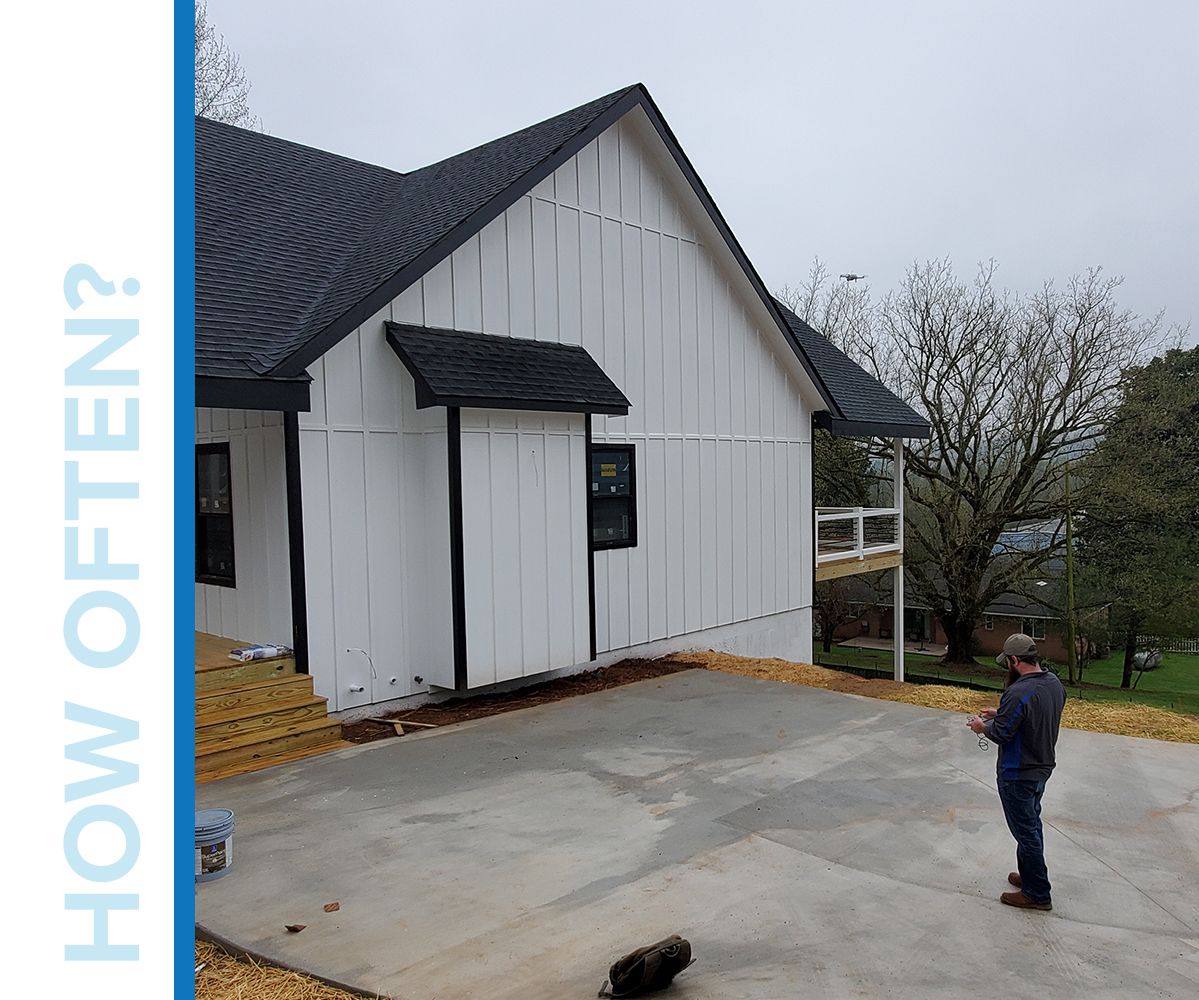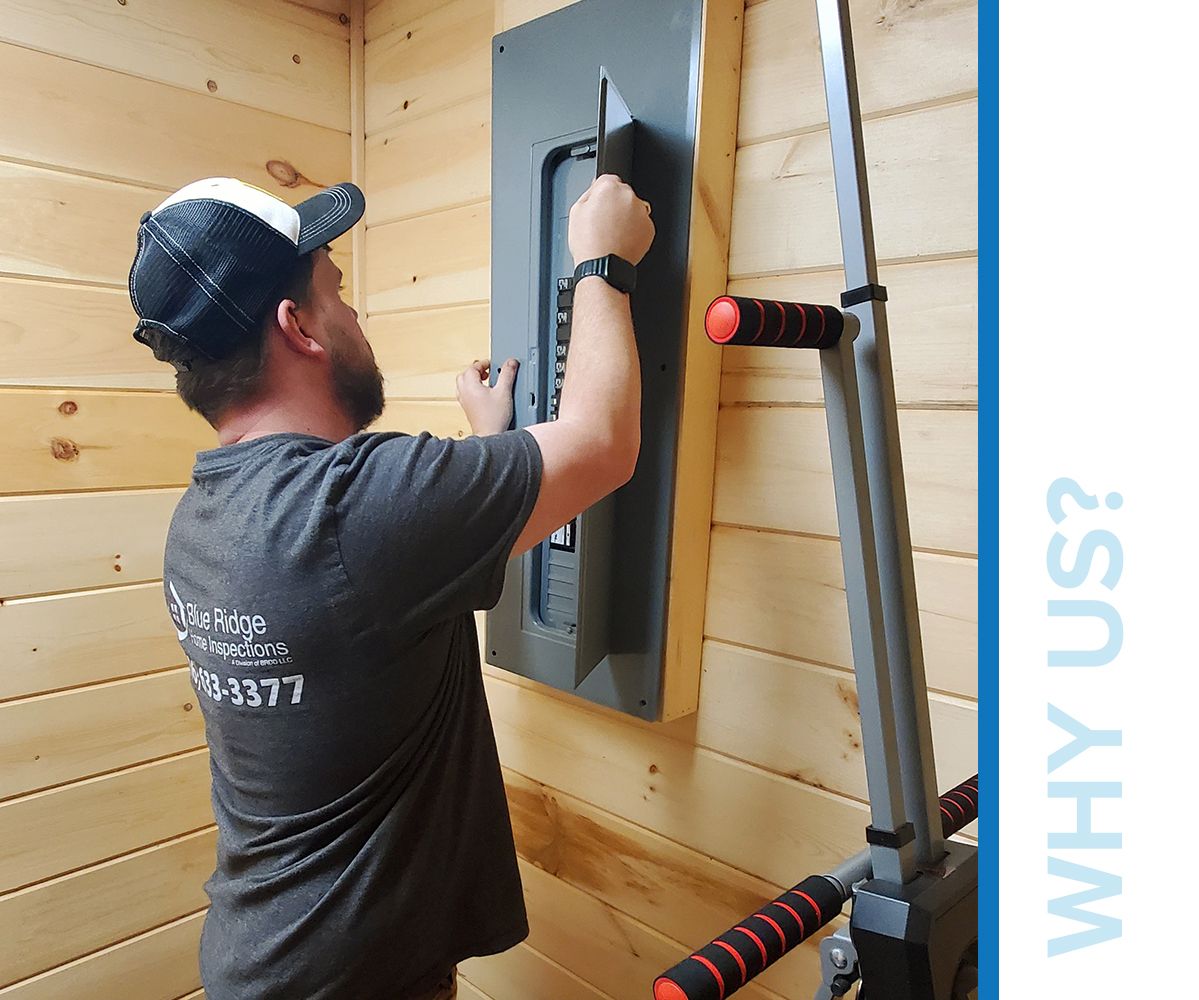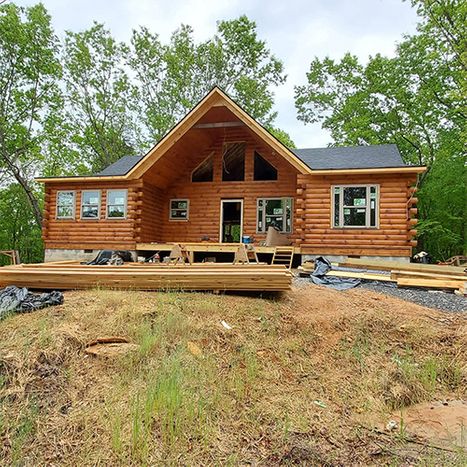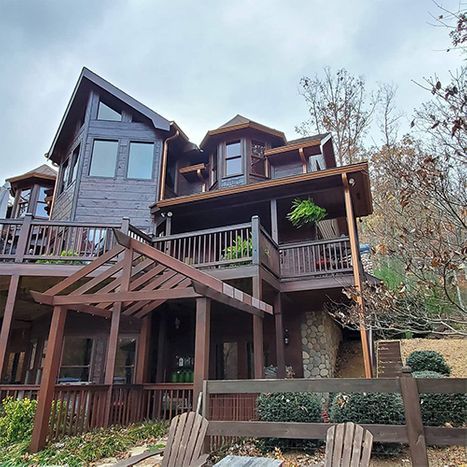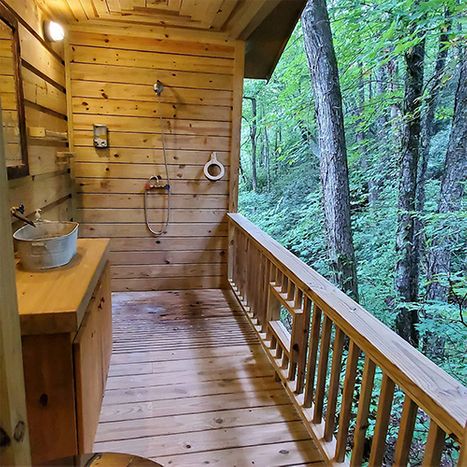Radon Testing
Many homeowners often worry about the physical maintenance of their household, whether that be keeping up with its infrastructure or general appeal. One thing that is often overlooked is the several tests for dangerous chemicals that should be conducted to help keep you and your family safe. We here at Blue Ridge Home Inspections are experts in detecting numerous toxicities such as mold, water disruptions (and leaks), and life-threatening gasses. One of the worst things that can occur within your home is a Radon leak, which has the potential to give humans dangerous diseases and affect their overall health. If you feel that you might be dealing with any potential hazards, contact us!


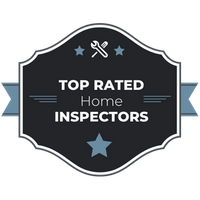

Radon: The Silent Killer
Radon can enter your home through cracks in the foundation or other openings. Once it's inside, radon can build up to high levels and become a health hazard. Radon is considered a silent killer because it can cause lung cancer without any symptoms. Because the gas is undetectable from all five senses, radon can remain in your home without you knowing until it's too late, making testing absolutely critical. Although lung cancer from radon exposure can take five to 25 years to develop, the sooner you find out about radon in your home, the better.
Places Where Radon Is Most Commonly Detected
Radon is most commonly found in areas with granite or uranium deposits. The Blue Ridge area has a lot of granite, which is why radon testing is so important here. If you live in the Blue Ridge area, or any other area with granite or uranium deposits, it's essential to have your home tested for radon.
Who Can Be Affected By Radon?
Everyone is at risk of radon exposure, but some people are more susceptible than others. Smokers and former smokers are at a higher risk because radon can damage the lungs. People who have lung diseases or weakened immune systems are also more vulnerable to radon-induced health problems. Children and infants are especially susceptible because their bodies are still developing.
Can Radon Be Prevented?
The only way to know for sure if radon is present in your home is to test for it. However, there are some things you can do to reduce your risk of radon exposure. If you live in an area with high radon levels, have your home tested and consider installing a radon mitigation system. You can also take steps to prevent radon from entering your home in the first place by sealing cracks and other openings in the foundation.

What To Do If Radon Is Detected in Your Home
If radon testing reveals that your home has high levels of radon, don't panic. There are ways to reduce radon levels in your home. One way is to seal cracks and other openings in the foundation. This will prevent radon from entering your home in the first place. You can also install a radon mitigation system, which will remove radon from the air inside your home. If you're concerned about radon in your home, contact Blue Ridge Home Inspections today. We offer radon testing and can help you reduce radon levels in your home. Protect your family from this invisible killer by scheduling a radon test today!
Radon Testing in New Homes
If you're buying a new home, you might think that radon testing is something that the previous owner should have done. But radon can enter a home at any time, so it's important to test for radon, even in new homes. Blue Ridge Home Inspections offers radon testing services in the Blue Ridge area. We use the latest equipment to test for radon and provide accurate results.
